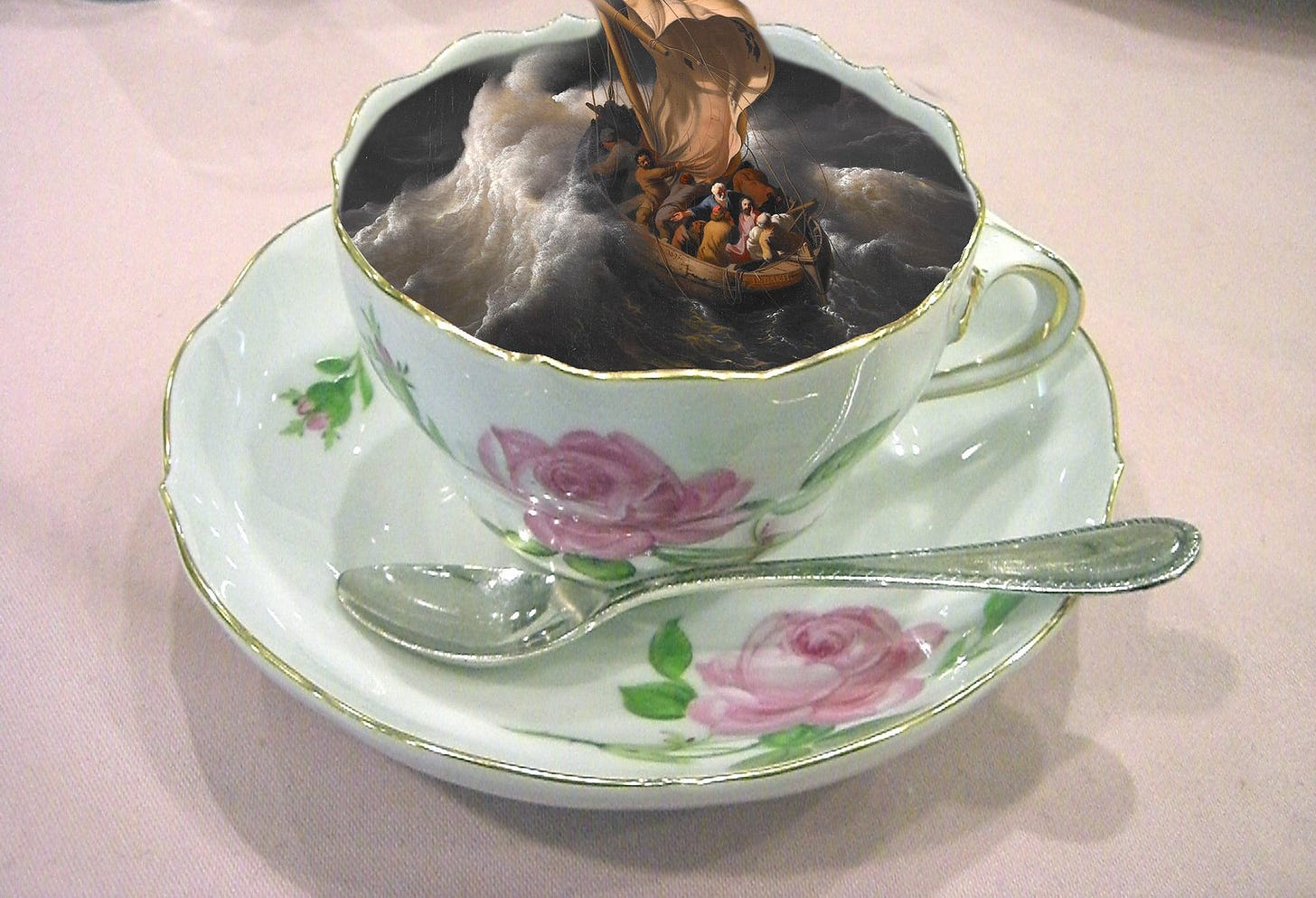Something I try not to do is use time worn cliches in my writing. As a reader, I’ve found them offsetting as they interrupt the flow and rhythm of what I’m trying to read.
I went online a few minutes ago to check a phrase to see if it was a cliche and I got sidetracked. There are some real crackpot English language expressions out there!
As I scanned the list, (most I had heard before), I wondered, “Where did these come from? If possible, who said it the first time and why?”
Barking up the wrong tree: This phrase is thought to come from hunting dogs mistakenly barking up the wrong tree to find an animal.
Break a leg: A theatrical superstition to ward off misfortune. Actors believed wishing "good luck" would bring the opposite, bad luck on stage.
Bite the bullet: A difficult situation. Before anesthesia, patients undergoing surgery were given a bullet to bite down on to help with pain.
A piece of cake: This phrase means something is, or should be very easy, like eating a piece of yummy cake.
Break the ice: Originated from the practice of ships breaking through ice to create a navigable path. Overcoming initial awkwardness in social situations
Kick the bucket: Came from public hangings, referring to kicking away the bucket on which a condemned person was standing.
Beat around the bush: To hold back from being direct and straight. Don’t beat around the bush! ‘Get on with it!’
Hold your horses: Originated from the act of controlling horses in the days of horse-drawn transportation. It means to slow down, wait, be patient.
Butter someone up: Rooted in an ancient Indian custom of throwing balls of clarified butter (ghee) at statues of gods to seek their favor or good fortune.
Costs an arm and a leg: If something were to cost an arm and a leg, it meant very expensive! No body parts were used, but it was good for emphasis.
Every cloud has a silver lining: A metaphor for finding something positive in a hopeless situation. From John Milton’s poem, “Comus”: "A sable cloud turn forth her silver lining on the night,"
When pigs fly: This phrase means something is impossible. It likely originates from the humor of seeing a pig able to fly.
Caught red-handed: It literally meant being caught with blood on one's hands after committing a violent crime.
Crying over spilled milk: There’s no point worrying about things that have already happened. A similar phrase: ‘It’s all water under the bridge’.
Let your hair down: From 19th Century: women were expected to keep their hair up in public, and letting it down was a sign of informal relaxation, often done in private or before bed.
A hot potato: The idiom is believed to have emerged in the 1800s, mirroring the speed and instinct with which someone would drop a hot potato.
Bean counter: It likely stems from the idea of someone meticulously counting small, insignificant things like beans, implying a tedious, overly detail-oriented approach to financial matters.
Cat got your tongue: Meaning comes from ancient Egypt, where liars and blasphemers had their tongues cut out and fed to cats as punishment.
The elephant in the room: It's something that everyone is aware of but no one wants to bring up, due to social awkwardness or potential conflict.
Raining cats and dogs: This phrase, meaning raining heavily, has multiple possible origins, including the idea of animals rushing fast-paced to seek shelter from the rain.
A Penny for your thoughts: In John Heywood's 1547 collection of proverbs: the use of a "penny" highlights that even a small amount was considered valuable enough to show interest in another's internal thoughts.
By the skin of my teeth: Means to achieve something by a very narrow margin, with barely any room to spare; a close call or a near miss.
By and large: Originates from sailing, where "by" meant sailing into the wind, and "large" meant sailing with the wind.
Steal someone’s thunder: Playwright John Dennis invented a thunder machine for a play. Another production used his machine for a different play, causing Dennis to say they were “stealing his thunder”.
I enjoyed that. If you want to learn some more weird expressions, there are probably twice this many online.
I love finding out how our crazy language originated ...
Why upgrade to paid? Why not?
Your paid subscription allows me
to keep showing up and writing
from my heart to share what
I find there with yours.
Thank you.







Very interesting. I have a rule for my own writing: if a cliche leaps to mind, I throw it out. The only exceptions are when the cliche occurs in dialogue, in which case it reflects something about the speaker.
Love this post, C.J. It prompted me to think about the unusual expressions used by my family.
My mother's family was from Scotland. I didn't realize how many "weird" Scottish phrases we used until I met my husband. Between the Scottish expressions I learned from my mother and the Canadian Navy expressions I learned from my father, my husband had to learn a whole new "language" when he married me. Then we moved to Texas, and we both had to learn how to speak Texan. That doesn't make us officially multilingual, but we do have a rather unique assortment of expressions.